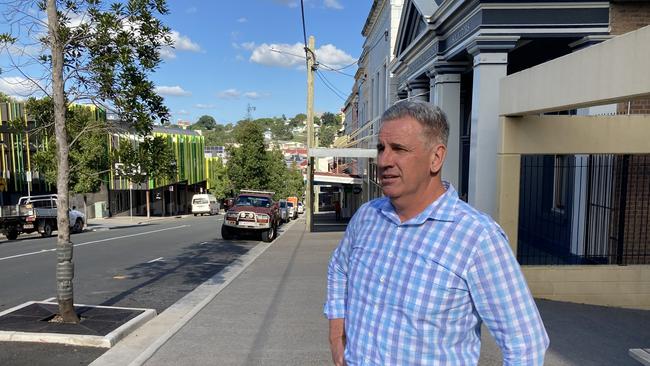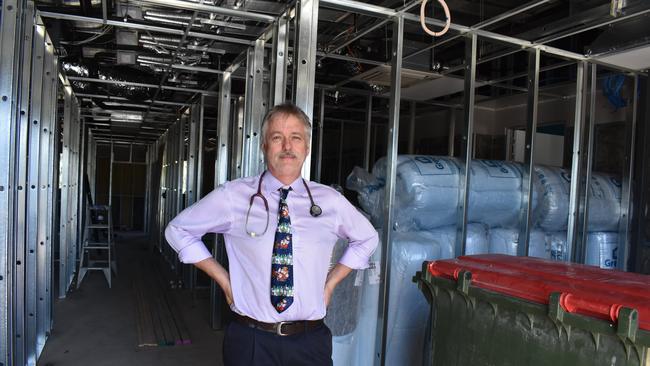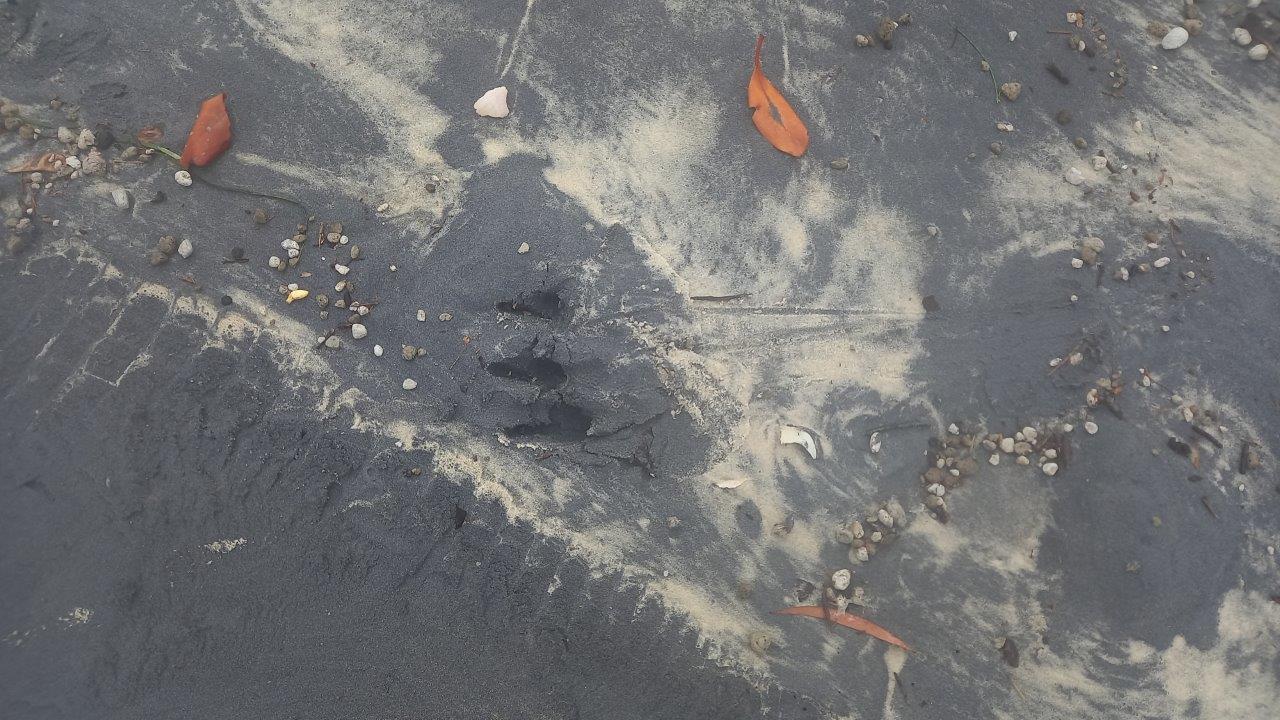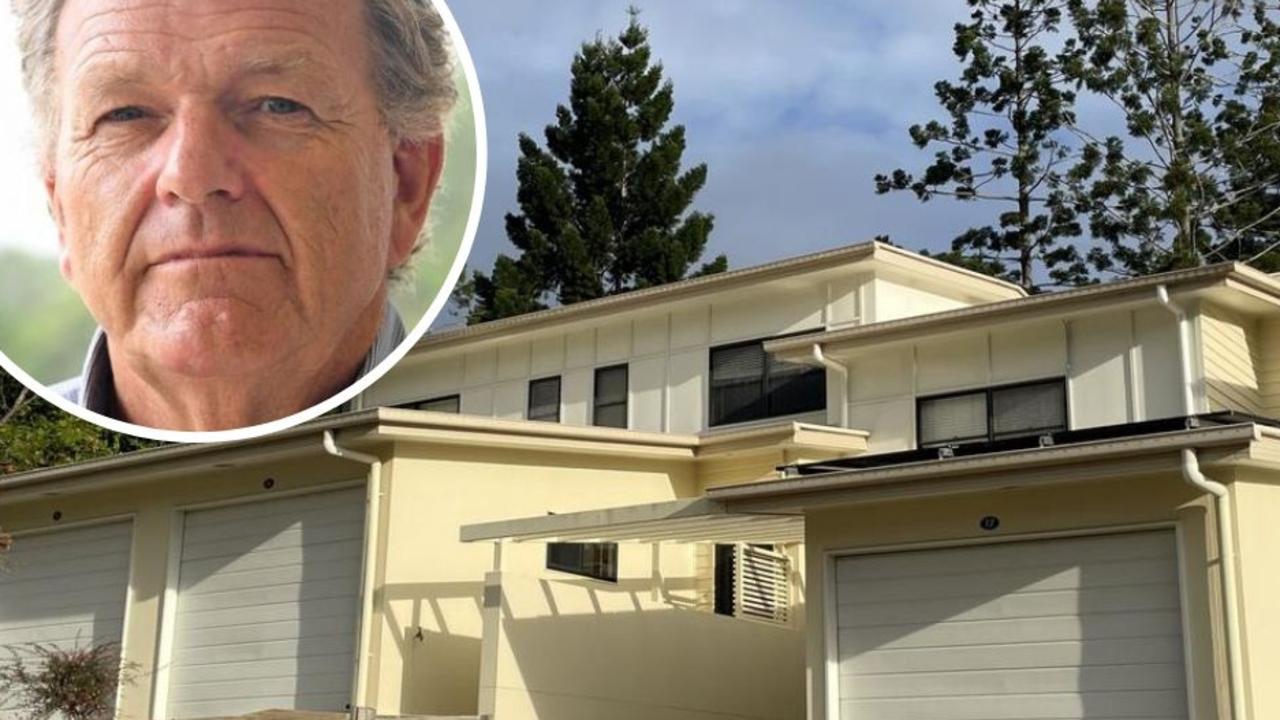Why region needs ‘innovative’ fix to health, support shortfalls
Burdekin MP Dale Last says Gympie region’s elevated domestic violence and sexual assault rates, ongoing GP shortage will not change without outside-the-box thinking

Gympie
Don't miss out on the headlines from Gympie. Followed categories will be added to My News.
Social services in region’s like Gympie will need innovative thinking if they hope to stave off serious health service problems in the near future, Queensland MP Dale Last says.
The LNP opposition spokesman for Rural and Regional Affairs called for the increase in support for health services as regional areas continue to battle doctor shortages and elevated sexual assault and domestic violence rates compared to the state’s cities.
Queensland police data reveals the Gympie’s sexual offence rate from 2010-2020 was 15 offences per 100,000 people, well above the state’s average of nine offences per 100,000 people.
“Domestic violence doesn’t just happen in cities,” Mr Last said.
“And quite often when it does happen in country areas it highlights the lack of support services.

“We don’t have DV or women’s shelters in a lot of these rural areas, we don’t have the support services, we don’t have the counselling services, and that also applies for the victims of sexual assault.
“As a consequence it can have a big impact on a community.”
BONUS: Your chance to win $20k with free Courier Mail subscription
The Burdekin MP also said fixing regional areas’ long-term struggles in attracting doctors and GPs needed a more innovative approach than simply throwing money at it.
Gympie doctors last month sounded the alarm on a looming doctor shortage they say will place a serious strain on the region’s health services within the next decade.
Dr John Manton said the combination of a growing population and GPs looking to wind down their workload would leave a significant hole if the ongoing inability to attract new blood persisted.

Mr Last said governments had to fix not only the gap in doctor services, but the help available to those doctors, too.
He called on innovations like incentive programs to fast-track their progression into specialities as a solution
“For doctors it’s not just funding; they won’t go out there for funding alone,” he said.
“It’s the training and support; a lot of doctors won’t go out there because they don’t feel they get the support they need and that they’re isolated.”
“Look outside the square.
“Is there an ability to work in conjunction with mining companies to access accommodation and transport?
“You need to be a bit innovative, as opposed to trying to establish practices out in those localities.”
The lack of medical services went “hand-in-glove” with the absence of mental health support providers, Mr Last said.
This posed a significant problem given the expected fallout from the COVID-19 pandemic.
“Mental health is the sleeping giant and I think we’re going to have some real issues in that space in the coming years.”
And regional areas were going to face this shorthanded thanks to a lack of facilities.
“If someone’s got mental health problems in Bowen for example, they can take them to Mackay or Townsville,” Mr Last said.
“That’s a two-hour drive wither way.”


